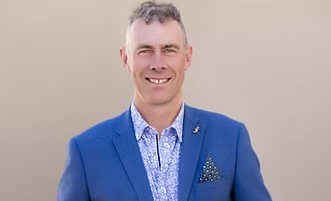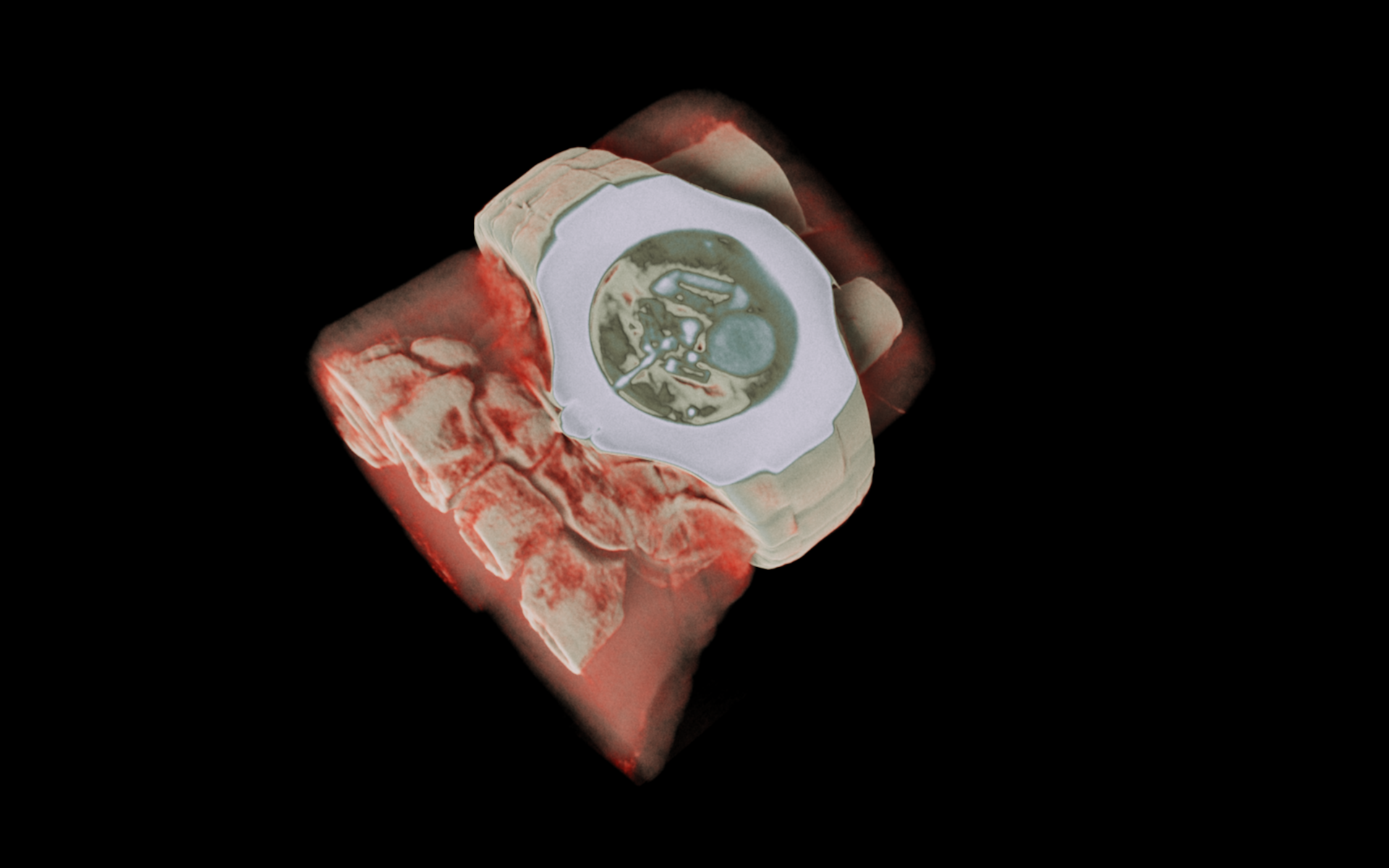The team behind MindKiwi, a pilot programme using mindfulness, pūrākau/traditional Māori stories, and movement for tamariki/children with Attention Deficit Hyperactivity Disorder (ADHD,) is now looking at whether the approach can benefit all children with emotion regulation difficulties.
MindKiwi is based on a mindfulness-based therapy programme for adults with attentional difficulties. The team behind MindKiwi is a collective - University of Canterbury researcher Dr Mairin Taylor, Kelly Tikao (Waitaha, Kāti Māmoe, Kāi Tahu) from the University of Otago, and Mel Tainui (Waitaha, Kāti Māmoe, Kāi Tahu), also from Canterbury. Their collaborators include clinical psychologist, Kathryn Whitehead, Kaupapa Māori Consultant Jase Te Patu (Ngāti Apa, Ngāti Tūwharetoa, Ngāti Ruanui), PhD student Cheyenne Scown (Ngāpuhi, Ngāti Whātua ki Kaipara, Ngāi Te Rangi), and Māori health lecturer from the University of Canterbury, Aaron Hāpuku (Ngāti Kahungunu [ki Heretaunga])
Together, they have adapted the programme for children and adolescents, and integrated it with a kaupapa Māori framework to ensure Māori and Pasifika children and their families are not left behind.
Taylor is a Pākehā clinical psychologist and lecturer in counselling. Before her current position, Taylor lived in Okinawa, Japan, where she worked at a bicultural/bilingual research university researching ADHD. Prior to this, she spent five years in private practice, and for NGOs in Christchurch/Ōtautahi. She completed a PhD on developmental outcomes associated with ADHD in 2012, and is engaged in ongoing research projects such as family violence and trauma.
Taylor credits her time working in Okinawa with contributing to the development of MindKiwi. “part of working in partnership with indigenous Okinawan people made me reflect on how I was working as tangata Tiriti and also reminded me of the prioritizing of relationships first when working in more culturally responsive ways in early intervention. This includes going beyond the model of consultation to partnership and co-governance and examining what does that mean in process of decolonizing and indigenizing research and relationships” says Taylor.
“In 2017, it became clear New Zealand was facing a tsunami of both awareness and need around ADHD in children with a consequent and alarming impact on our health system. Children were on long waiting lists, adults with ADHD needed earlier intervention, and that there were newer ways of doing things.”
"MindKiwi began as a face-to-face initiative when we developed the programme in 2019. However, COVID-19 lockdowns prevented us from running our trial on two occasions so Tikao took the concept to hapū to hear their views about moving it online. Kaumatua agreed the programme would serve a useful purpose, right down to saving people from the need to travel and make childcare arrangements. We were also contacted by whanau Māori all over the motu, who were looking for Kaupapa Māori informed programmes to assist their tamariki who were struggling with ADHD,” says Taylor.
“A second round of funding from Te Tītoki Mataora enabled us to create an online version of the programme and then pilot it with ADHD children and their whānau and caregivers over eight weeks. We worked with tamariki aged 8 – 12 years who had been diagnosed with ADHD but weren’t on meds.
“That pilot produced good results, and a significant change in core ADHD symptoms with improvements in inattention, impulsivity, and emotional and behavioural regulation. We also saw benefit for parents, and caregivers.”
MindKiwi is now running a randomized controlled trial with around 160 tamariki across New Zealand who need what’s called a transdiagnostic approach, where traditional treatment boundaries are put aside. The study is a 4-arm placebo-controlled study with Mindkiwi combined with micronutrients and will explore whether micronutrients will enhance a response to mindfulness. “For example, we know that many children are low on key nutrients, particularly selenium, Vitamin D and Magnesium, so treatment could be expanded to include these nutrients. We also want to explore the effects of Mindkiwi relative to waitlist control (actually, active monitoring) and it is important to us that all our participants will receive all of the treatments at some point in the trial. So far we have had very few whānau drop out of our trial (only 5 or so) and we think this is because the tamariki report finding the MindKiwi programme so fun to engage with. We know existing approaches don’t cater for neurodiversity, they’re not built from the ground up, and they’re not embedded in Mātauranga Māori.”
Taylor also sees broader benefits to their work. “I met the Singaporean Minister for Health, Mr Ong Ye Kung, at a medical conference, and was impressed with their preventive approach. They’re thinking about the next pandemic and investing in mental health. They’re focused on research-based practice, listening to clinicians about early intervention.
“If we did this, if we focused on child mental health, we would save so much. MindKiwi is a sustainable, low-cost intervention that meets those criteria” says Taylor.
“We know from paediatricians and psychologists at Starship Hospital, for example, that there’s huge demand for such a programme, and it could be offered to families on specialist mental health waiting lists. We could help relieve some of this burden. This is the whole purpose of the mahi we are engaging in meeting this demand. We also know from our pilot that parents are also benefiting in terms of their self-regulation, so there’s a compounding effect when we work with whole-of whānau in a model of co-regulation, not just children in isolation.”
The team expects to have data from the pilot later this year, with the goal of having MindKiwi more widely available.
.jpeg)
.jpg)

